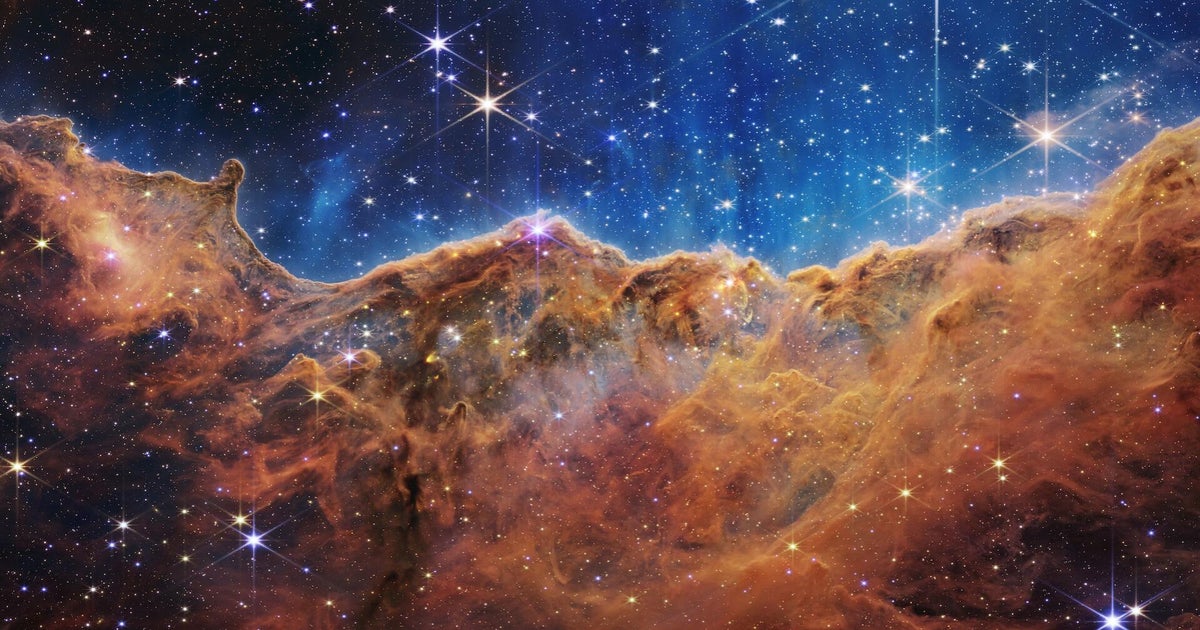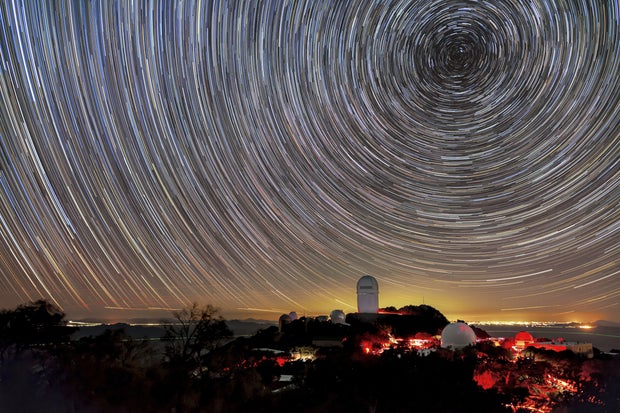The universe is poised to die much faster than previously thought, according to new research by Dutch scientists.
But there’s no great need to panic. We still have 10 to the power of 78 years before it happens — that’s a one with 78 zeroes.
However, that is a major revision from the previous estimate of 10 to the power of 1,100 years, notes the research paper from Radboud University, published in the Journal of Cosmology and Astroparticle Physics.
“The final end of the universe is coming much sooner than expected but fortunately it still takes a very long time,” said lead author Heino Falcke.
A trio of scientists at Radboud set out to calculate when the most “durable” celestial bodies — white dwarf stars — would eventually die out.
They based their calculations on Hawking radiation, named after celebrated British physicist Stephen Hawking.
Hawking postulated in the mid-1970s that black holes leak radiation, slowly dissolving like aspirin in a glass of water — giving them a finite lifetime.
The Radboud scientists extended this to other objects in the universe, calculating that the “evaporation time” depends on density.
This enabled them to calculate the theoretical dissolution of the longest-lasting body, the white dwarf.
“By asking these kinds of questions and looking at extreme cases, we want to better understand the theory, and perhaps one day, we can unravel the mystery of Hawking radiation,” said co-author Walter van Suijlekom.
Humankind needn’t worry too much about the end of the universe. Unless we escape planet Earth, we’ll be long gone.
Scientists think that our sun will be too hot for life in about a billion years, boiling our oceans.
In about eight billion years, our star will eventually expand towards the Earth, finally gobbling up our by-then barren and lifeless planet and condemning it to a fiery death.
Shedding light on dark energy
The research comes just weeks after scientists released new findings that may also shed light on the fate of the universe. Researchers in March said new data shows dark energy — a mysterious force that makes up nearly 70% of the universe — may actually be weakening.
If dark energy is constant, an idea first introduced by Albert Einstein in his theory of relativity, scientists say our universe may continue to expand forever, growing ever colder, lonelier and still. If dark energy ebbs with time, the universe could one day stop expanding and then eventually collapse on itself in what’s called the “Big Crunch.”
“Now, there is the possibility that everything comes to an end,” said cosmologist and study collaborator Mustapha Ishak-Boushaki of the University of Texas at Dallas. “Would we consider that a good or bad thing? I don’t know.”
NSF’s NoirLab via AP
Other efforts around the globe have an eye on dark energy and aim to release their own data in the coming years, including the European Space Agency’s Euclid mission and the Vera C. Rubin Observatory in Chile.
Launched in 2023, the ESA’s $1.5 billion Euclid space telescope is equipped with a near-perfect 3-feet 11-inch-wide primary mirror and two instruments: a 600 megapixel visible light camera and a 64-megapixel infrared imaging spectrometer. The telescope’s field of view is roughly twice the size of the full moon.


